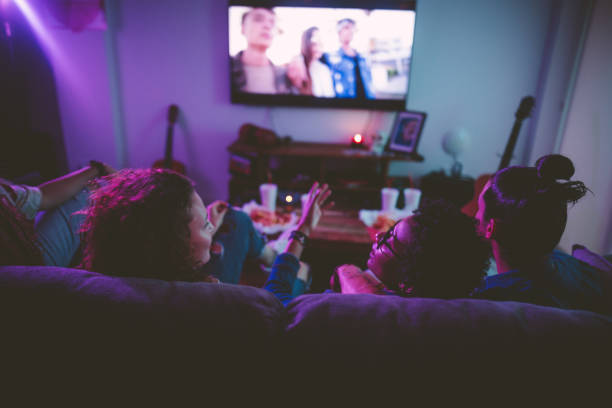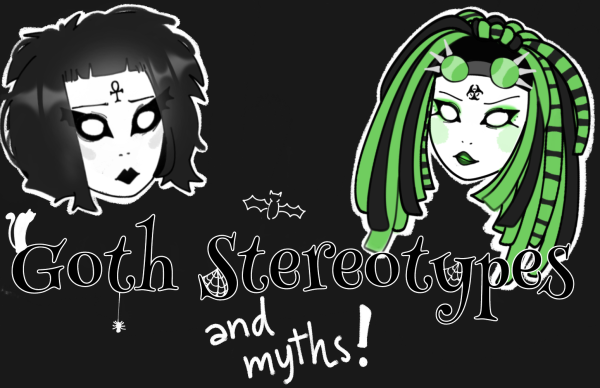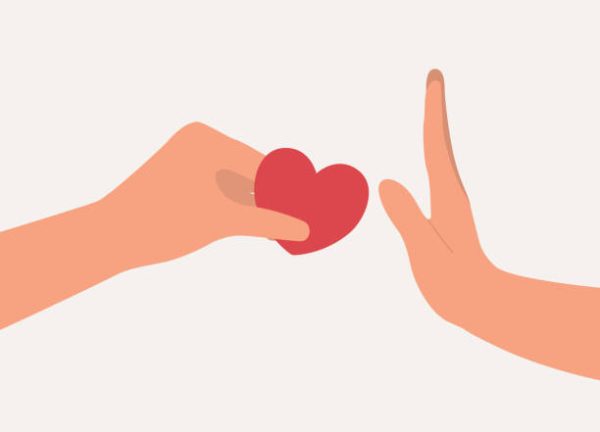Controversy Around Teen Dramas
Motion pictures, such as “13 Reasons Why,” “Freaks and Geeks,” “The Breakfast Club,” and many other visual forms of entertainment revolving around intractable teenagers have been quite popular among teenagers. What makes these films and TV shows so appealing to today’s youth is the accurate portrayal of teenagers that make viewers relate to their favorite characters.
However, controversy has been surrounding these coming of age films and programs because of the toxic messages they send to teenagers. They promote violence and give viewers a false image of how they’re supposed to act and look during their high school years.
For example, the actors are ironically never teenagers. Most of the time, they are in their twenties, even thirties. At this age, actors have fully-developed bodies, which subconsciously gives viewers the impression that they should look a certain way. When a 16-year old looks at the big screen, they look at what they are supposed to look like according to beauty standards. This is as damaging as it is impossible. A sophomore in high school should not look like a typical college student. An example of this is Rachel McAdams who played a 17-year old at the age of 26 for her role as Regina George in “Mean Girls.” Casting, as such, may cause self-esteem issues to young viewers. At this age, it’s difficult for teenagers to be comfortable in their own skin and comparing themselves to model actors will only harm them more.
Furthermore, shows like “Euphoria” and “Skins” have a massive audience because of their amazing plot twists and pleasing visuals. The characters in these shows also face difficulties that many teenagers have been dealing with for years, such as addiction and mental health issues. It’s amazing that the media is bringing awareness to such topics. However, these same TV shows have a weird fixation with violence, toxic masculinity, and oversexualizing characters. What makes this even more uncanny is that the characters are supposed to be minors. Recent teen drama series center around the main characters making terrible life decisions and making them come off as cool. This is extremely problematic because it romanticizes destructive teenage behavior to their impressionable viewers.
In addition, it leads to peer pressure. People may feel like they’re missing out if they’re not constantly attending parties or participating in unlawful activities. Adolescents can be influenced to participate in what they see other people their age doing in the TV shows they watch. It’s as if there’s a clock ticking; if viewers haven’t done certain things at a certain age, then they are considered to be behind. Teenagers who enter high school with the assumption of experiencing such monumental moments are often left disappointed, feeling as though they’re not getting the true high school experience, which all stems from the films and television shows Hollywood presents to us.
For the most part, coming-of-age movies and TV shows do a fantastic job capturing the angsty and painfully awkward sides of being a teenager. With shows like “Sex Education” and “I Am Not Okay With This” having the protagonists portrayed as quirky, reserved and clumsy teenagers, it’s fair to say that these characters help viewers navigate adolescence in a relatable manner. Other types of media are toxic because they focus on teenage drug use and violence, which negatively affects teens. It only causes them to want to participate in insurgent activities. Plus, such exposure can affect the viewer’s mental health. They should stick to connecting with their audience instead. It is amusing, engaging and unproblematic.








